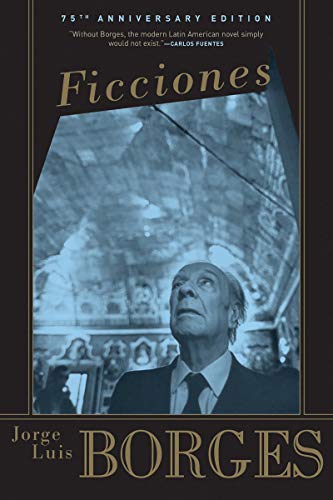The Once Upon a Time III Challenge has a “Short Story Weekend” mini-challenge, so I thought I’d visit some fairy tales. To my surprise, the copy of Charles Perrault’s Complete Fairy Tales that I found was less than 200 pages and written for children, so I breezed through all of them very quickly. Many of
- Home
- |
- Category: Short Stories


